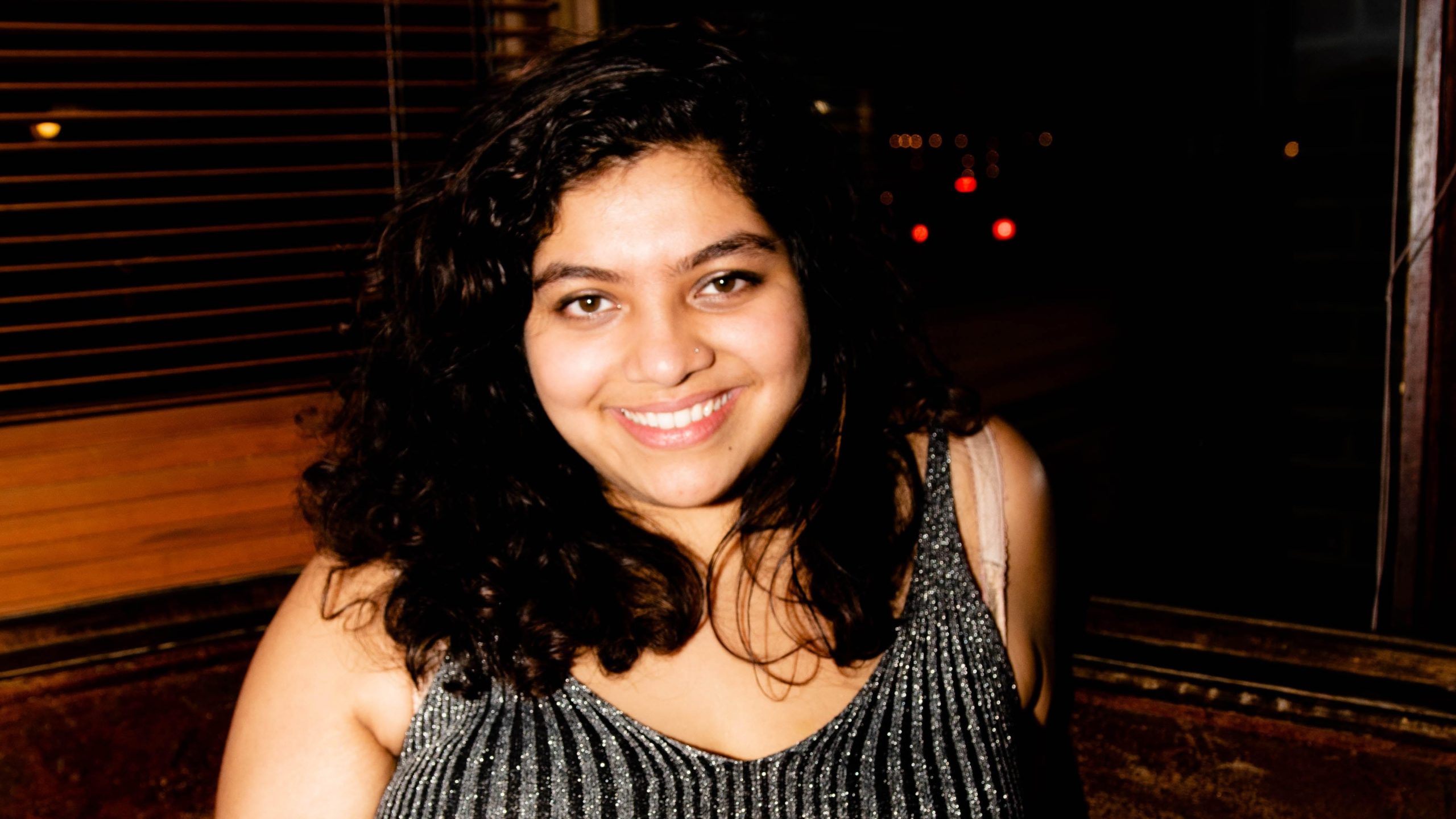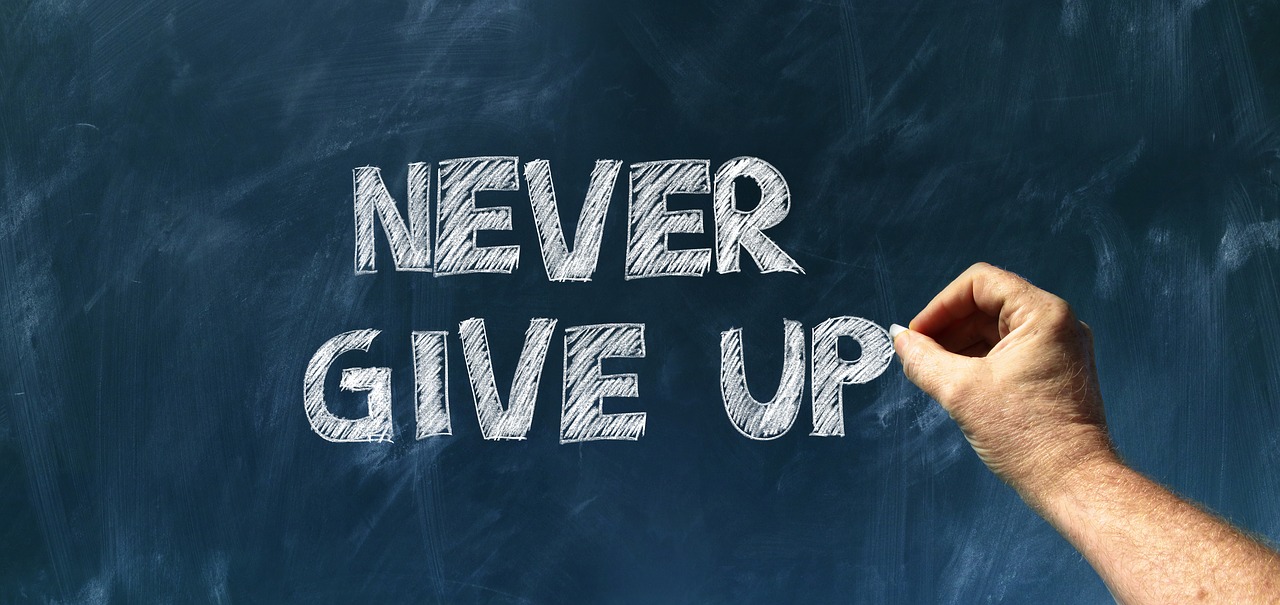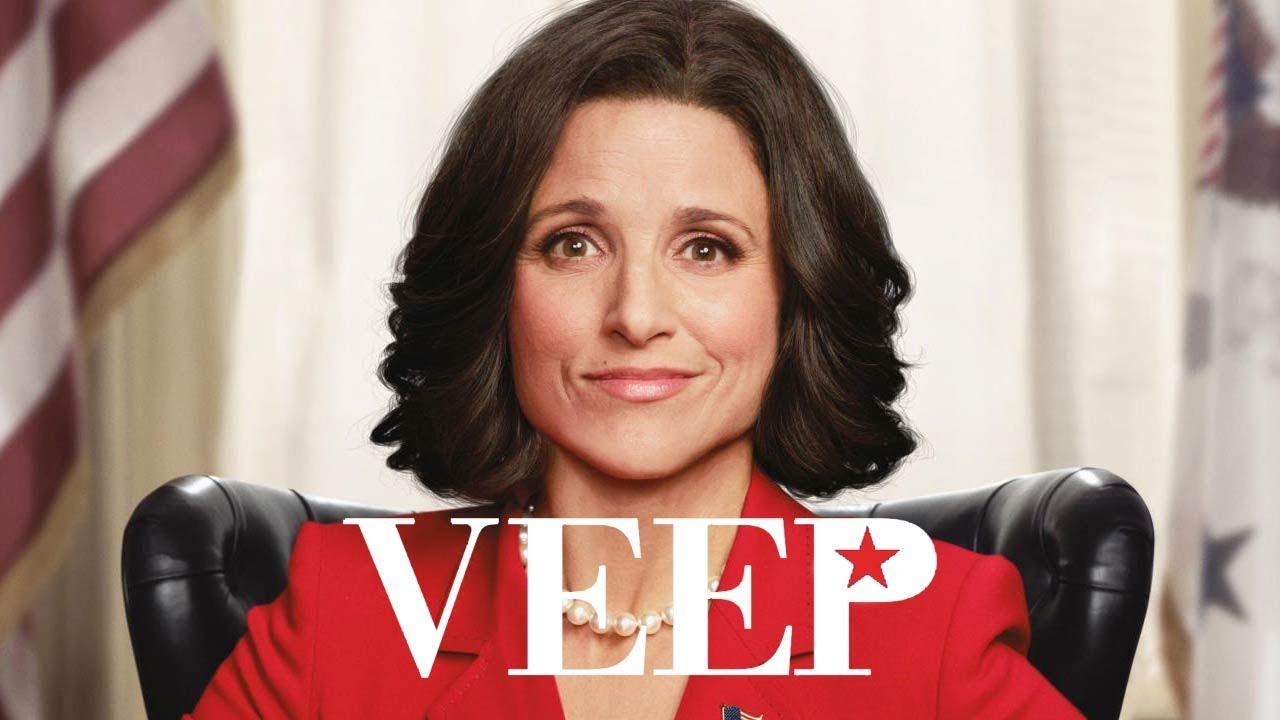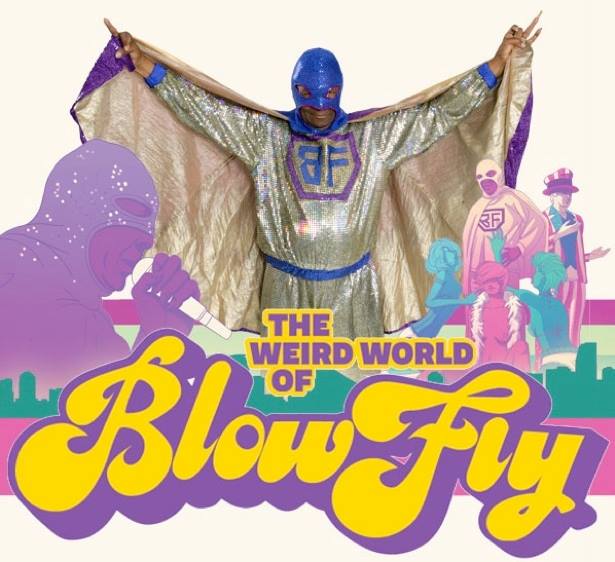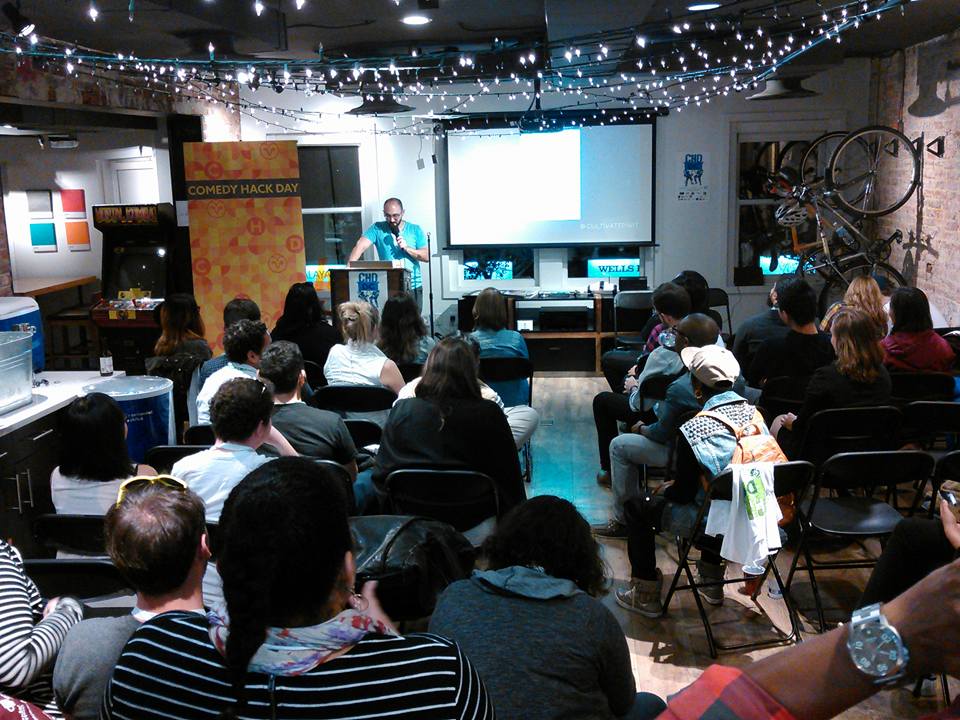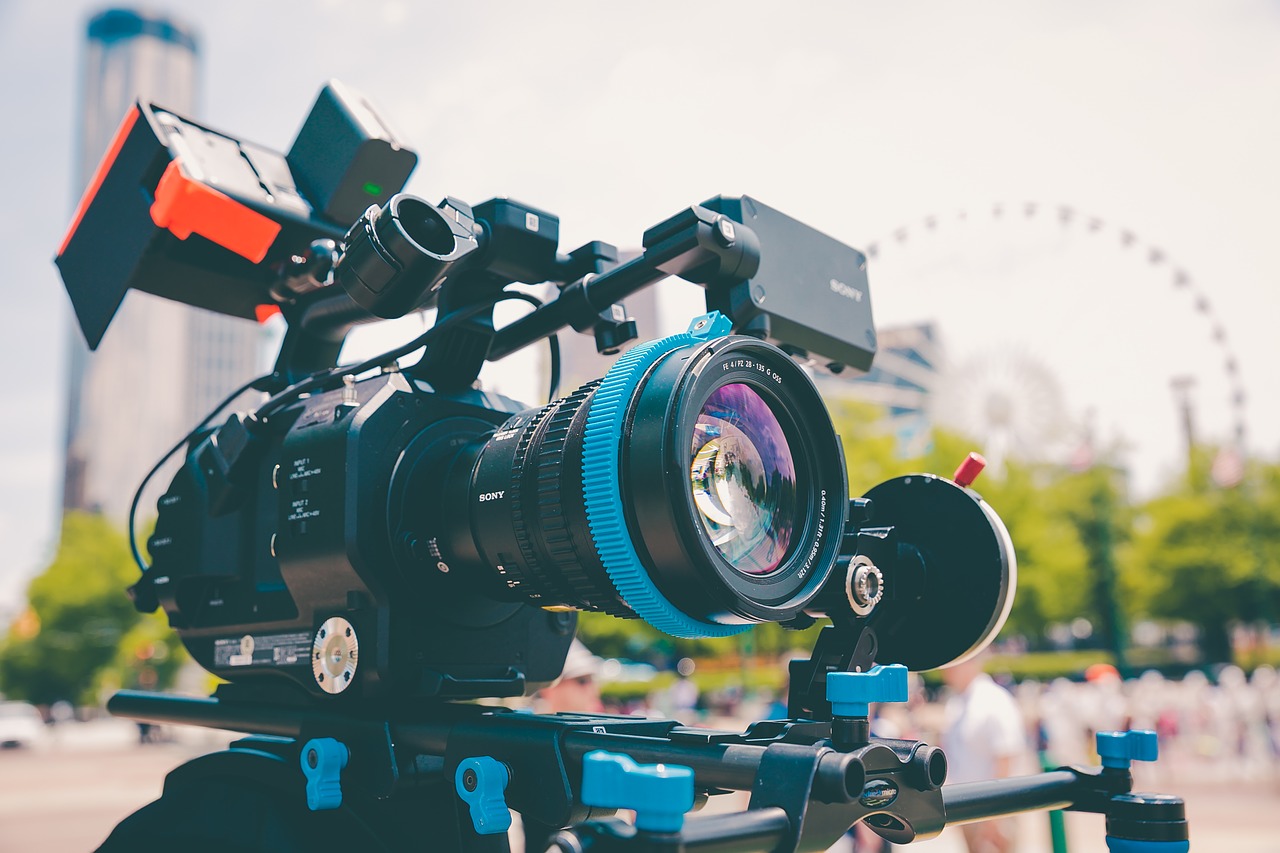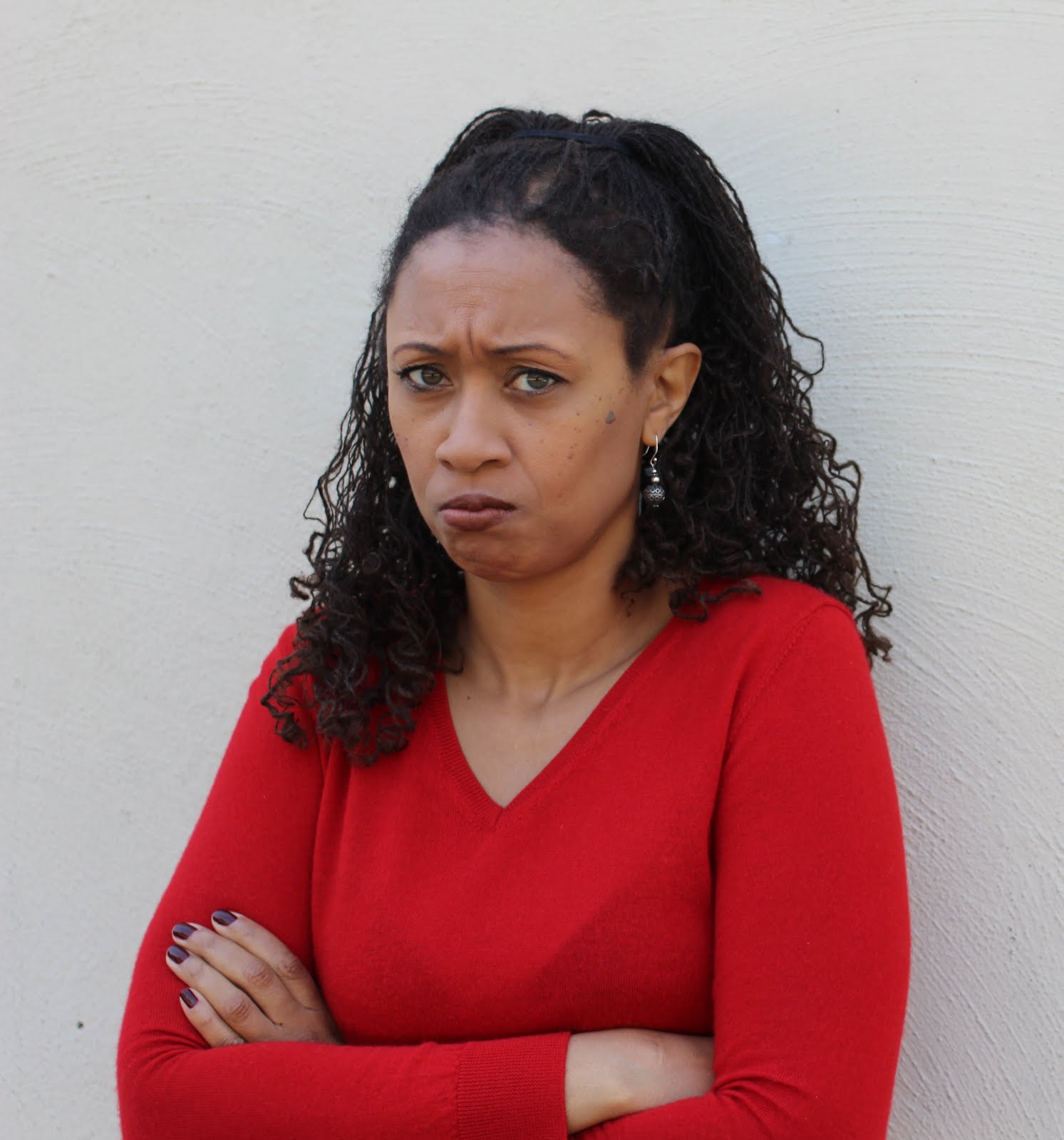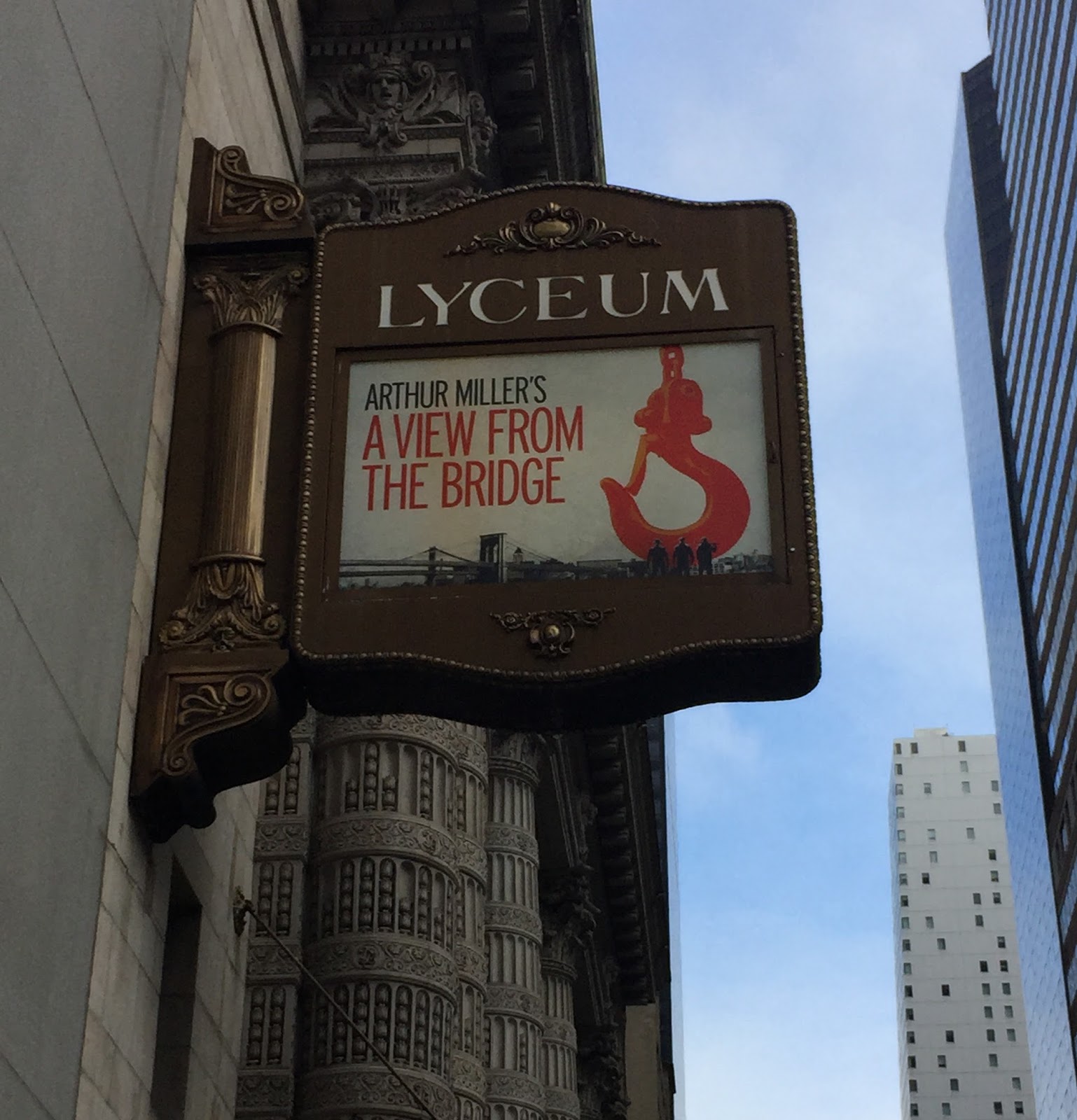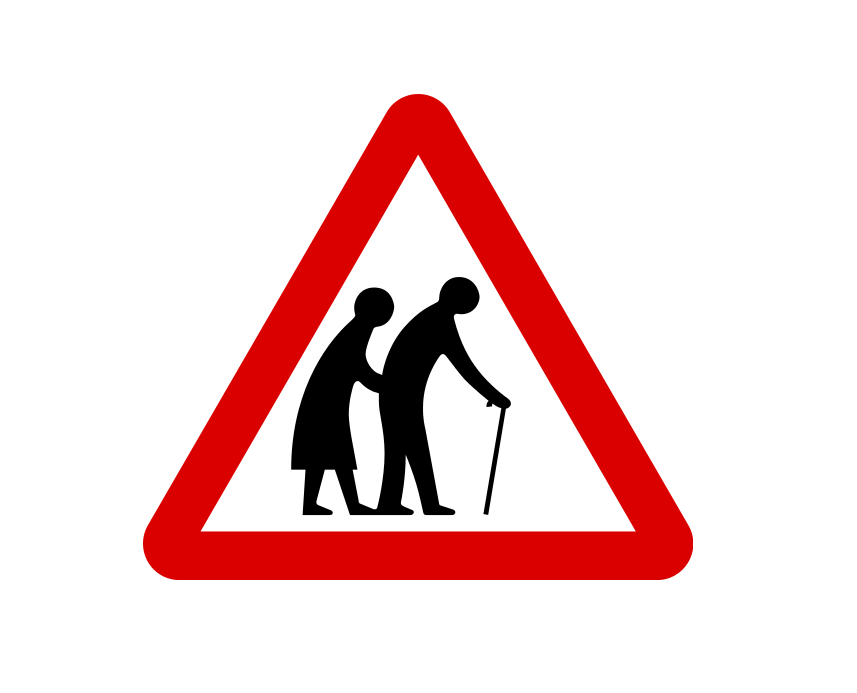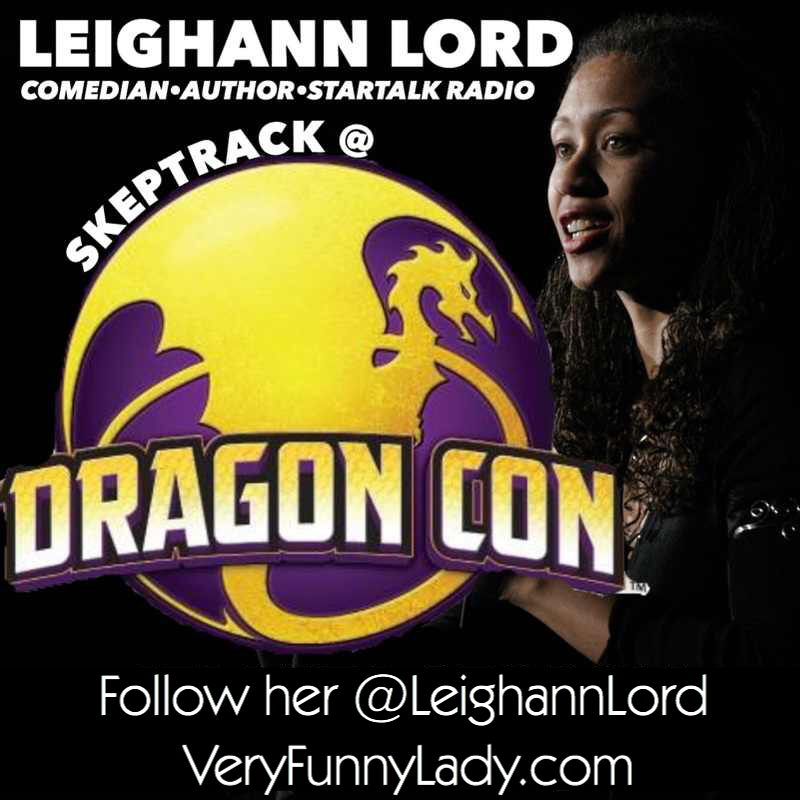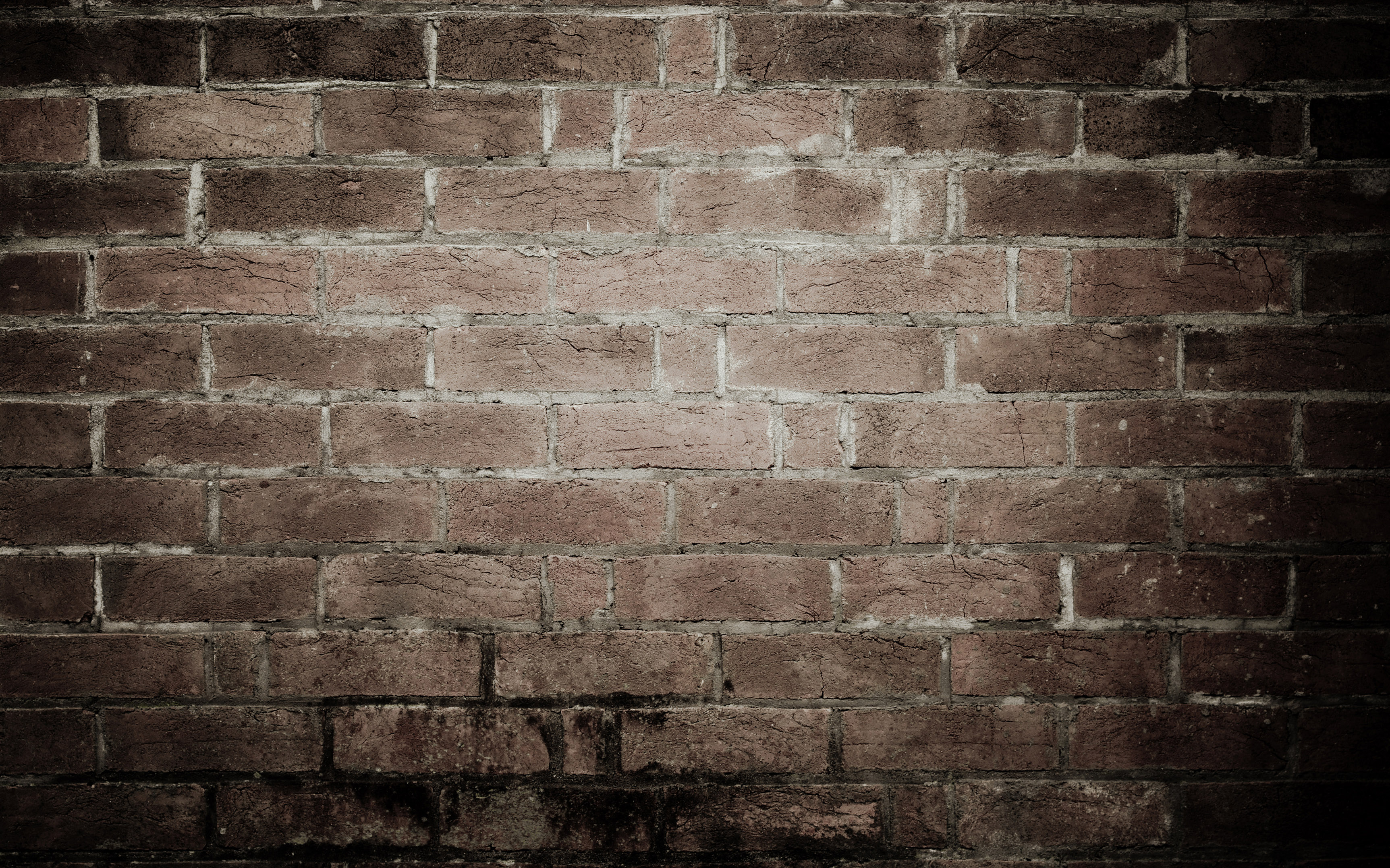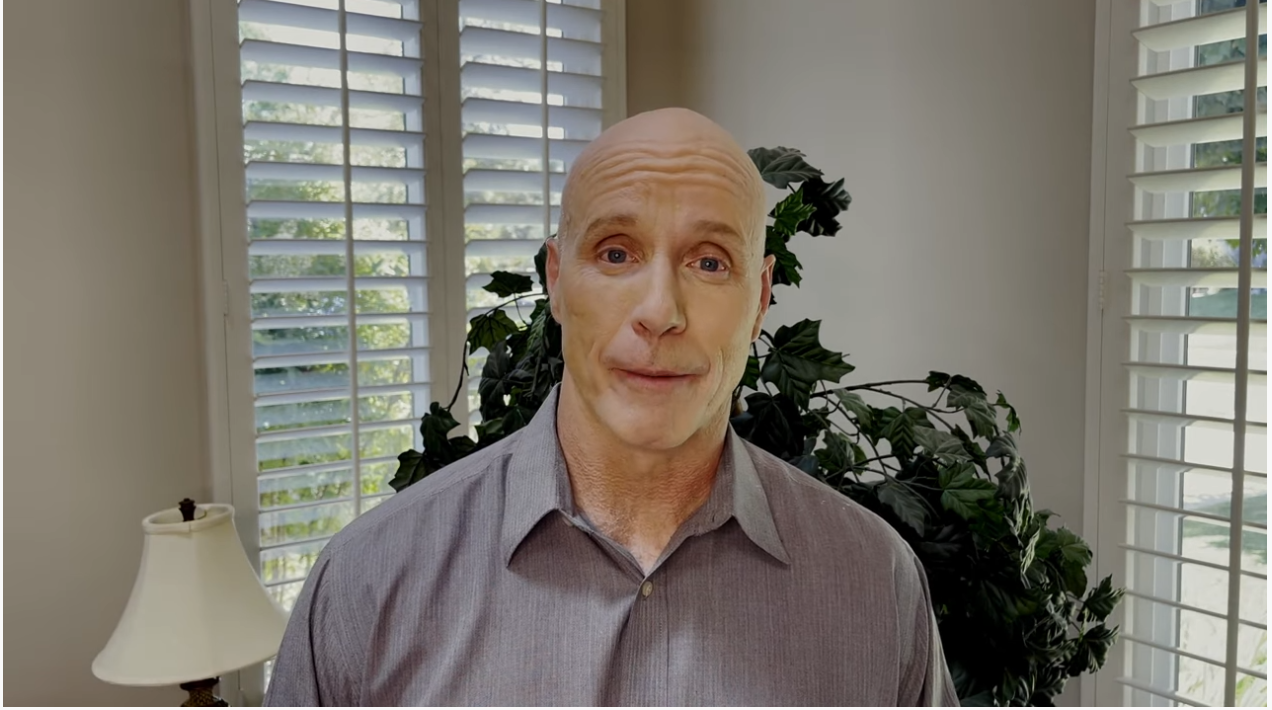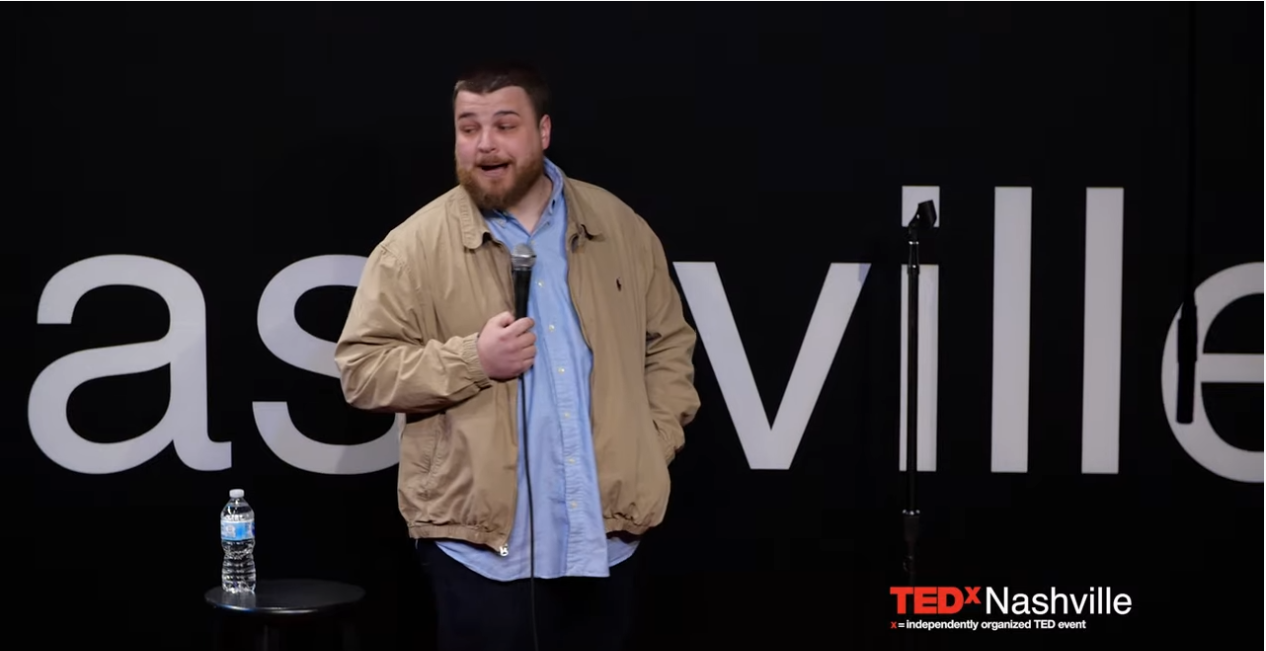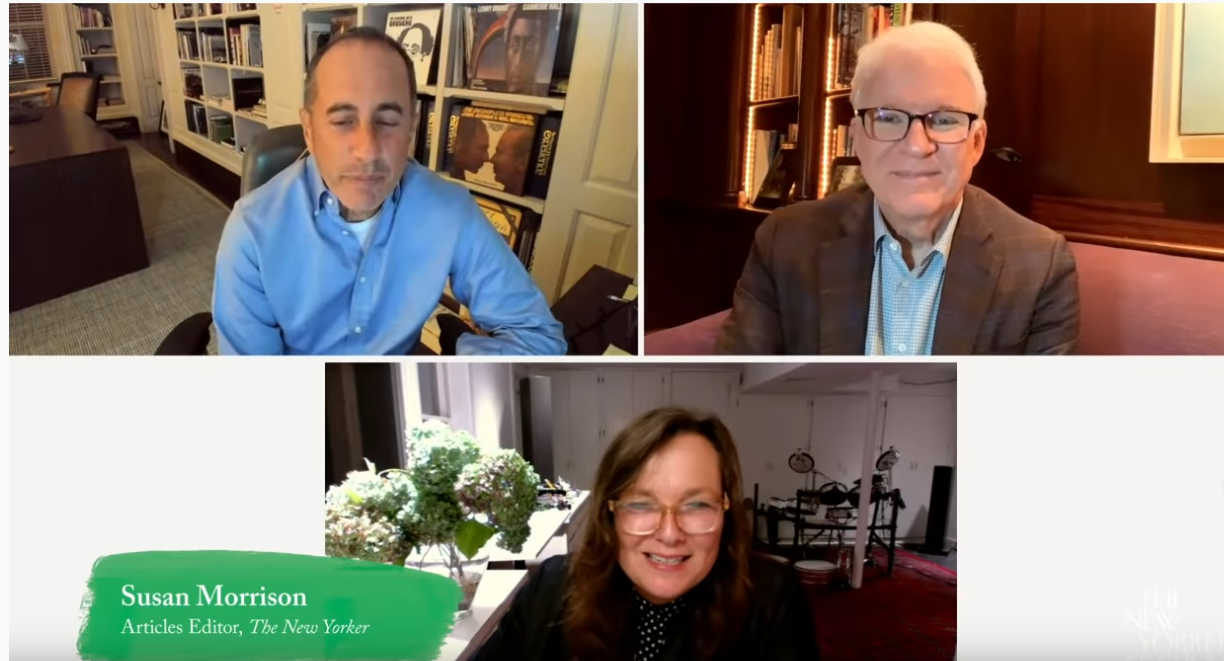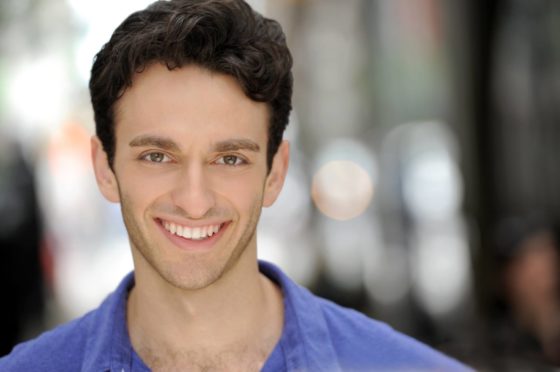
New up and comer and multi-faceted comedian, Gianmarco Soresi might be most recognized as that “guy from the General Electric commercials,” but his light is shining brighter on upcoming projects such as his first one-hour comedy special, Infinite Bris and stage show, Less Than 50%, which will debut on Off-Broadway in 2018.
Soresi, who just headlined at Carolines as part of the Breakout Artist Comedy Series, will write and perform in a Funny & Die exclusive; and will also appear on TBS’ new sitcom, The Last O.G. starring Tracy Morgan.
We chatted with the recent Moth StorySLAM winner to discuss his projects and the fear that drives him to excel in multiple platforms in comedy.
What was your experience headlining at Carolines?
It was a dream come true. Carolines is the first club I ever went to. My mom took me…to see Ralphie May headline, rest in peace – and seeing my picture by the front door made me smile for the first time this year. In all the performing arts you spend most your days producing and performing in highly unattended shows, working for free, going to your friend’s shows, and once and a while you get to cash the favors check and have everyone come out for your big thing. This was my big thing and I felt nothing but loved by all the people who came out and pride that I tricked them into thinking I was any good. I am now deep in favors debt.
How did the opportunity come about to film your first one-hour special, Infinite Bris? How would describe the creative process and preparation for special; and what can comedy fans expect?
Like most opportunity, a long, unrepeatable series of good fortune. I did a reading of a play written by comic Ted Greenberg, he later gave me a grant and my producing partner Lindsay-Elizabeth Hand, who runs Edge in Motion Entertainment, put the whole thing together (four camera set-up, three-sound feeds — she’s a pro). As it was earlier on in my stand-up pursuits, I approached the material in a play-like fashion. I did a reading of the material for a small group, got feedback, did two run-throughs at The PIT Loft, and then we filmed it at 13th Street Rep. Filming in the way we did was actually quite freeing as you know if anything goes horribly off the rails you can just do a quick re-shoot, but it’s always a trip to go from rooms with ten people in it to 50+. Comedy fans can expect a mix of standup, storytelling and one epic Fosse dance, bowler hat included.
What’s something you discovered recently about the craft of comedy?
Oh boy, I feel like every week I have some new grand philosophy about how to be a better comic. Most recently, I’ve been thinking about those first few seconds and establishing a relationship with the audience, finding out where they’re at, before I launch into bits. And then I’m always yelling at myself to keep it looser, play off the room that I’m in and not my bedroom, where I ran the set a dozen times earlier that day.
What do you love most about writing and performing?
Writing is a nightmare. It’s more like scratching the itch of an idea – the enjoyment is when it’s finally, finally, finally done, that rare moment you do the bit for yourself and laugh all alone in your apartment. Performing is most fun when the joke works for the first time, the rest is diminishing returns, and I still get unbearably anxious before each show. So yeah, they’re both awful most of the time. The real glory is right afterwards when you did what you set out to do.
What can you tell us about your stage show, Less Than 50%?
I began writing Less Than 50% in 2012 after and about a bad breakup, which I imagine is how most playwrights begin. But I had the ill-conceived notion to perform the play with the ex on whom the play was based. That did not pan out but the show evolved into a play about the creation of the play that never happened – or as one critic summed it up, “Annie Hall as told by Charlie Kaufman.” There’s a lot of standup within and is what led me towards the path I’m on now.
What are your thoughts on finding and developing your voice?
Since my background is in theater and playwriting, I’ve come at it with perhaps too much structure (or as I’ve heard some comics call it: I George Carlin it – write everything out, memorize, etc.) But you can’t find your voice without speaking. So in the last year it’s just been trial and error, working different venues, sometimes falling flat on my face, it’s godawful but when it works…it’s all worth it. I know from pursuing an equally unteachable art form, acting, that what matters more than any one approach is being honest with yourself as to what’s working and what’s not and if you do that (which I think anyone can in theory) you can only get better.
What comedians have had the greatest influence on you?
First album I listened to – my Mom gave me George Carlin’s Complaints and Grievances, and that title pretty much sums up my routine. I would say though that Seinfeld (the show) had the greatest impact, followed by Chris Rock and Dave Chappelle, Dane Cook was inescapable, and more recently more storytelling-based comics like Mike Birbiglia. At least those are the people I’ve listened to the most in my lifetime.
Mentoring-wise…the director Kevin Laibson has helped me most on my stand-up journey but there are dozens of friends and family who give me feedback solicited or not, most of which is fairly useful. Whether it’s people influencing me or mentoring me what I appreciate most is honesty and well-crafted language whether put to use for a joke or a critique.
I should also mention that getting my ass handed to me in Comedy Fight Club (a weekly roast-battle show) taught me, in the harshest way possible, to raise the bar as to what constitutes a good joke. Maybe one day I’ll clear it.
What was your experience working on The Last O.G.? What was your role on the show and experience working with Tracy Morgan?
So fast! But during a break Tracy gave me a thumbs up and the kid inside me who grew up watching “Brian Fellows” on SNL went bananas.
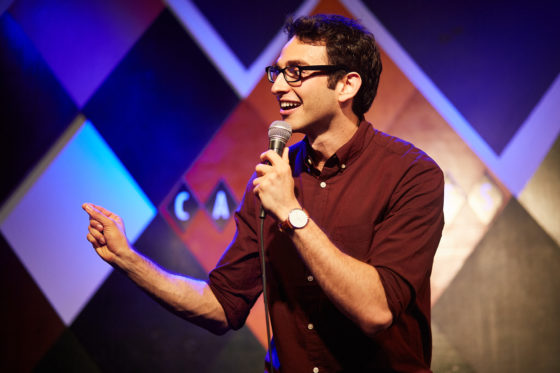
You’ve enjoyed success as a comedian, writer, actor, stage performer and storyteller. What do you think has been the key to your success in juggling projects across comedy genres and platforms?
Acting was always number one in my heart, but these days all I can think about is stand-up comedy. The many fields I’ve explored has less to do with ambition and more to do with FOMO (fear of missing out). At the very least, it’s nice that something has taken precedence. Unfortunately, the key to success in multiple fields is lacking any kind of social or romantic life. I’ve also been fortunate enough to be kept afloat financially through commercial work (still living off those General Electric commercials) but it’s drying up fast since producing a sketch comedy series called Matza Pizza.
What’s the most valuable piece of advice you’ve received that you would pass on to new comedians?
Just do it. I took a class in 2010 at Caroline’s, which finally gave me a deadline of: you’ll be telling five minutes of jokes on this day whether you like it or not, after that I did an hour-show in college, and after that…nothing for years. The open mics bummed me out, I didn’t have enough friends for the bringer shows, but that’s a bunch of bullshit. The sooner you start, the sooner you’ll get better, the sooner you’ll get on shows, the sooner your skill will reach your taste.
I would advise comedians to produce their own shows as a start. I learned from acting years ago that in any over-saturated market, unless you’re incredibly lucky, you must do more than be the product. If you put on a show where you’re getting people there, and giving other comics valuable stage time to work their skills, the favor will be returned. Aside from that though, become undeniably good and it’ll just happen. I don’t know any excellent comics who haven’t risen in the ranks one way or another. Before you know it, you’re calendar will start filling up with all sorts of crazy shit.
What would you like to achieve next?
I have those all-too-common pipeline dreams but my day by day is honing my stand-up craft, pushing myself to write something new every day, and never perform without learning something. I would also really like to get in with some of the clubs around New York because the real work happens on stage. I also run a weekly show at The PIT Underground with Will Purpura and Jay Schmidt called The Last Laugh and I’d like to build that into the best show it can be, and a place for visiting comics to work out material for their specials and their late night spots.
For more info on Gianmarco Soresi, visit his website and follow him @GianmarcoSoresi.

